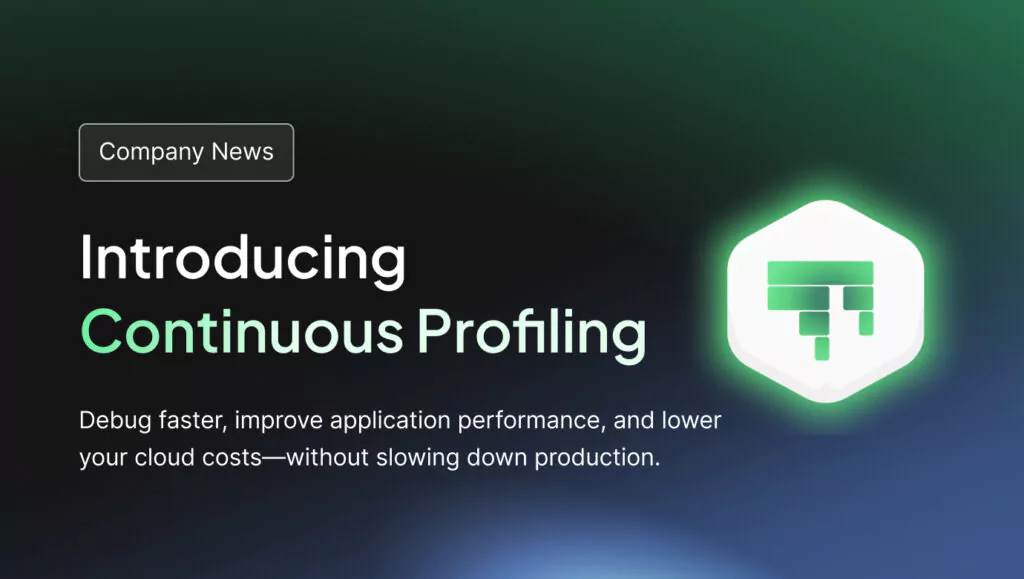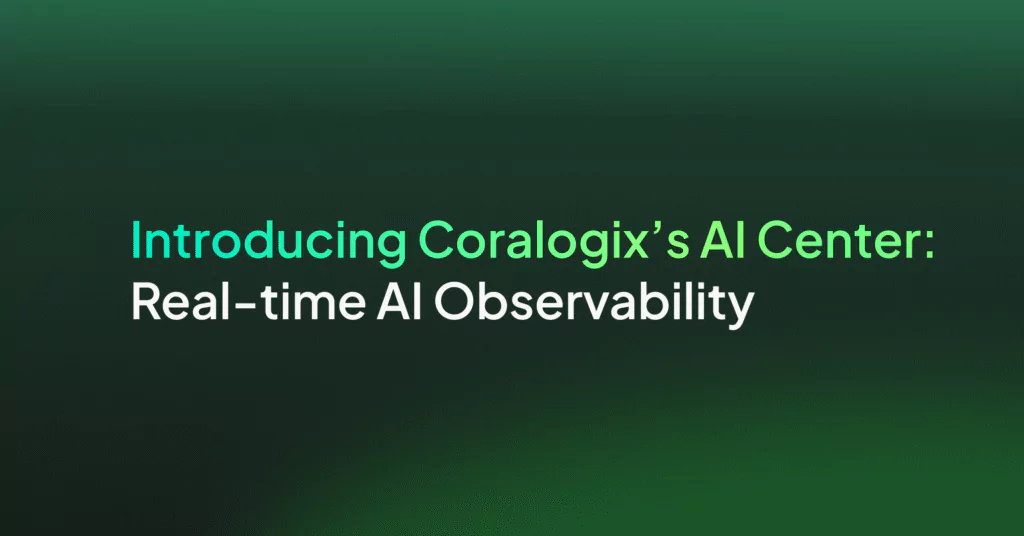Announcing Streama: Get complete monitoring coverage without paying for the noise

With the new Streama capability announced today, you no longer have to choose what to monitor and what to drop to manage your logging cloud costs.
For years, our customers have enjoyed the benefits of a log analytics platform that enables them to autonomously manage and analyze data in their cloud applications. Our machine-learning engine empowers users to improve their system stability and accelerate their release cycles. Thousands of global-leading companies including Masterclass, Monday.com, BookMyShow, Postman, and PayU use Coralogix to power their businesses.
With the release of our new Streama real-time analytics solution, we’re excited to challenge the existing cost model of observability by allowing customers to pay according to data priority instead of solely on volume.
Pay by priority, not by volume
Most data (as much as 99.5%, according to Cisco) is never queried or analyzed. That includes our log data which often contributes to high data storage costs without ever being used. At the same time, some logs do contain important information. It just doesn’t make sense for you to pay the same price for critical log data that you pay for “irrelevant” log data.
By re-engineering the Elasticsearch engine, Coralogix is now able to offer users the ability to prioritize their logs and define how the data is routed and stored according to function and importance. No longer do you need to pay premium storage fees for logs that you only need for compliance or monitoring purposes.
Disguised as a simple triaging capability, Coralogix’s new Streama feature drastically reduces logging costs while simultaneously improving your ability to query, monitor, and manage your data. Thousands of Coralogix customers, from fast-growing start-ups to large enterprises, are already seeing cost savings of up to 70 percent.
Streama Priority Levels, How It Works
Perhaps the easiest way to understand the Stream priorities is to look at the current state. All of the log data is being indexed and stored in the same way, though they serve many different purposes. In this model, whether the logs are used for troubleshooting or monitoring or simply for compliance reasons, storage costs are the same.
With the new Streama capability, logs can be classified as high, medium, and low priority corresponding to the functionality of the data they contain.
High Priority logs are the most important logs, typically high severity or business-critical data that is stored on highly available SSDs, replicated, and ready to be queried within seconds. This is currently the default for traditional log management solutions. When everything is treated as a high priority, it’s not surprising that the costs are extreme.
Medium Priority logs are the real game-changer here. These logs are important for monitoring system metrics and statistics but aren’t needed in their entirety. Coralogix uses special Loggregation© technology to identify the logging template without needing to index the log itself. This gives users the ability to define alerts, build dashboards, view statistics, query the live data stream, and proactively identify anomalies while saving up to 80% on storage costs.
Low priority logs are non-important log data that needs to be kept for compliance or post-processing reasons. This data will go straight to your archive. This capability is available in some alternative solutions as a rudimentary ‘blocking’ feature. Storage cost savings for low priority logs are up to 95%.
By prioritizing log data based on functionality, companies are able to save massive amounts of money without losing monitoring coverage. Plus, you can always move your data from one level to another, even retroactively, so no regrets.
Some additional capabilities that are built-in around this new logging model include:
- Direct S3 query of archived logs & Reindex on a highly granular section to minimize the use of your daily quota
- Create new metrics indices that can be monitored on up to 12-month cohorts, compared to tracking metrics only during the retention period.
- Continue to get ML-powered anomalies even for unstored logs
This new model enables you to get all of the benefits of an ML-powered logging solution at only a third of the cost and with more real-time analysis and alerting capabilities.
What This Means For Observability
These cost savings enable additional data routing and wider visibility into the system behavior without requiring any additional budget. “Over the last few years, companies have had to forgo observability due to prohibitive costs,” says Ariel Assaraf, CEO, and co-founder of Coralogix.
“This month, we started with 3 very big international clients spending half a million dollars a year for our service, and we reduced that to less than $200,000. So, we created massive savings, and that allows them to scale. Because they already have that budget, they can now stop thinking about whether or not to connect new data. They just pour in a lot more data and they get better observability.”
Unlike monitoring, which can only really provide insights surrounding ‘known’ issues, observability is our ability to ask and answer questions about the unknown unknowns in our systems. In order to improve observability, we need access to more data along with ML-capabilities which help identify signals in the noise. That’s exactly what Coralogix’s new Streama capability is all about.
Start saving up to 70% on logging costs today!
To see how the new Streama feature works, start a free trial. If you’re a current user, be sure to check out the new feature and start cutting costs and increasing observability today.




